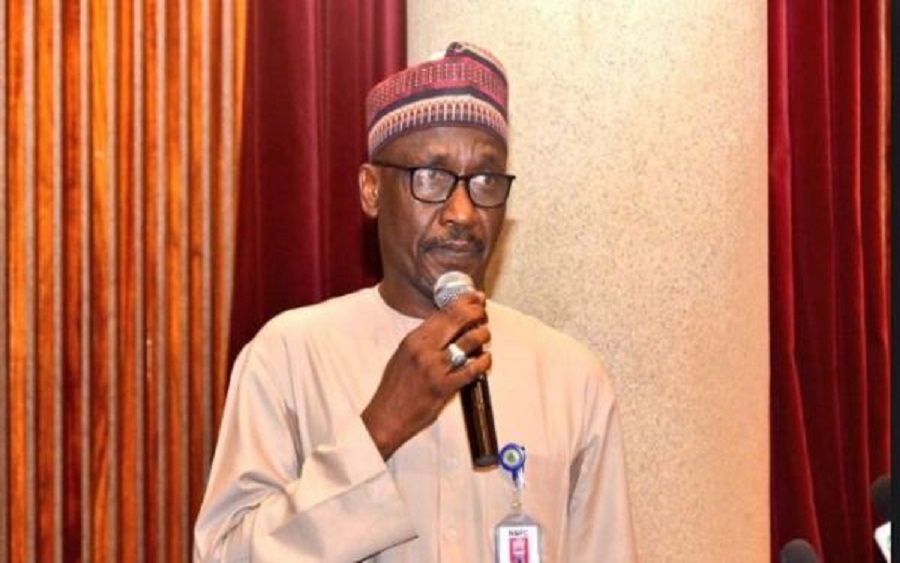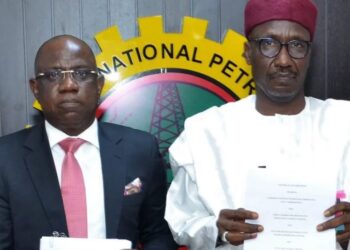The Group Managing Director of the Nigeria National Petroleum Corporation (NNPC), Mele Kyari, has urged the International Oil Companies (IOCs) not to worry over the recent amendment of the Deep Offshore and Inland Basin Production Sharing Contract Act 2004 by the Federal Government.
Kyari said this while speaking at the 37th Annual International Conference and Exhibition of the Nigerian Association of Petroleum Explorarionists in Lagos.
The IOCs, under the Oil Producers Trade Section as reported by Punch, had shared their concerns regarding the Federal Government’s plan to increase deepwater royalty which they said would worsen Nigeria’s competitiveness and make $15 billion of currently planned deepwater investments economically unviable.

Speaking further, Kyari made known that there would be a licensing round for ultra-deepwater assets next year while stressing the need to fasten up exploration activities in the nation’s oil and gas industry.
“As we are all aware, the ultra-deepwater is completely unexplored today. Before the end of this year or next year, God willing, I believe there will be some form of bid rounds in that space,” he said.
[READ MORE: NNPC inks $1.16 million deal to deliver power project]
What you should know: The President, Muhammadu Buhari signed the amendment to the Deep Offshore (and Inland Basin Production Sharing Contract) Act earlier this month after its passage by the National Assembly.
The Act entails that a contractor undertakes all the financial, technical and operational risks associated with petroleum operation in return for a share of profit in oil after payment of royalty, cost and tax oil.
While the new amendment introduced key changes including the introduction of incremental royalty rate based on the price of oil, it also mandated a periodic review of the PSC arrangement every eight years with the government estimating that the move would help Nigeria generate additional 500 million dollars revenue in 2020.
Kyari noted that the amendment of the Deep Offshore Act was a requirement of law, saying the conditions required to make changes to it were met since 2003.























